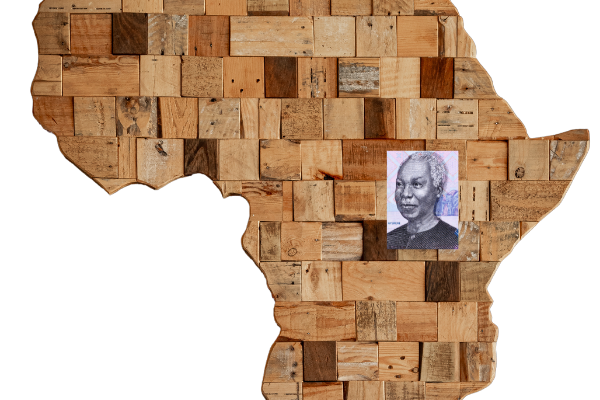
Without Mwalimu Nyerere, Africa Is Still Africa
- Category: Gospel Truth
- Date 14-03-2005
- 772 views
The struggle for self-determination on the African scene ended almost half a century ago, with the firebrand sons of Africa throwing aboard all blind loyalty and facing the colonialists head-on. Colonisation of Africa ended when Mwalimu Julius Nyerere and his contemporaries – Jomo Kenyatta, Kwame Nkrumah, Patrice Lumumba etc – stood up to the white man and challenged his authority on the African soil, demanding and actually securing independence.
In many ways and places, that independence was merely in name, if only skin-deep. With poverty ravaging the continent and most post independence black leaders degenerating into mere shambolic automations, only a few were able to define their mission and keep their promise, to give an African true independence. Outstanding among them was Tanzania’s Julius Nyerere, the teacher.
Political mismanagement however became rampant after independence and inept politicians sold their nations’ independence back to the colonisers, and thus neo-colonialism emerged. Virulent colonialists therefore returned to govern Africa through Africans and as such, the Americans and Europeans have never given up on their patronising tendency to define and determine Africa’s destiny. It is really for this reason that we are witnessing a showdown between the Western world led by Britain and America on one hand and Zimbabwe with its silent African sympathisers on the other.
Thabo Mbeki has done us proud to portray Africa as a continent that is able to shape its destiny. He has rebuked the United States for listing Zimbabwe among the six renegade nations described by Washington as “outposts of tyranny” (See: Mbeki rebukes US over Zimbabwe The Citizen Wednesday 23 February 2005). In an interview with London’s Financial Times, Mbeki said, “I think whatever the US government wants to do with regard to that list of six countries, or however many, I think it is really somewhat discredited.”
Mbeki emphasised that the inclusion of Zimbabwe on such a list served to dent America’s proclaimed policy of promoting world freedom, whereas Mugabe has severally accused Britain and America of attempting to re-colonise Zimbabwe. To America, however, freedom is only defined with an America’s view and permission.
Truly, the opposition in Zimbabwe is already crying foul that the playing field has already been tilted in favour of Robert Mugabe’s allies – the members of the ruling ZANU-PF – in the past (2000) and forthcoming elections of March 31, 2005. Yet, Americans could not possibly pursue a genuine mission abroad. They invaded Iraq to stop Sadam Hussein’s manufacture of weapons of mass destruction but are yet to parade them to the world to justify their invasion of a sovereign country. Instead, they have short-changed the story; they claim to have invaded the Middle East to spread democracy.
The European Union has too imposed sanctions on Zimbabwe, but does not realise that the common citizen whose freedom and welfare they claim to stand for is facing the brunt of the embargoes. Common sense shows that a President cannot die of poverty or starvation. Western Europe and America are tussling with an elephant, making it weary in the due course, and trampling the grass more than if they played a gentler game – the way African leaders have chosen to do. For George Bush or Tony Blair to earn Mugabe’s loyalty, they must consider him an imperfect being, like them.
Genuine loyalty cannot result from battering people into submission, even with development aid as a bribe for unquestioning loyalty. If it is the bribes that will help fill the pews in America’s temple, the lack of bribes will certainly empty them should a competing interest offer itself, as has always happened. Many developing nations that were America’s allies have soon became sworn enemies, Iraq under Sadam Hussein being a case in point.
We need courageous Africans to make this clear to the Americans, and that is how Thabo Mbeki has fitted in the shoes of the departed Nyereres. The reverse would be to condemn the continent to a status and future devoid of principled leaders of genuine persuasions and loyalties, to whom the West will start by singing litanies of praise and then dirges of condemnation thereafter. All Africans want the continent to keep peace and pace with the rest of the progressive world, where the moral obligation of our leaders is to develop a society worthy of perpetual respect, not derision.
Humanly speaking, Robert Mugabe has not done a perfect job for his people – his system has bred an evident economic crisis and glaring political mismanagement. However, the veteran Zimbabwean leader seems to be driven by an imperative force; to leave an ideology which can bestow confidence to Zimbabweans to face the future with hope and courage; to convince them to accept to die on their feet other than to live on their knees. That was the conviction of all pro-independence activists, half a century ago.
By Venansio Ahabwe
Source: Peering Eye, Sunday Citizen
